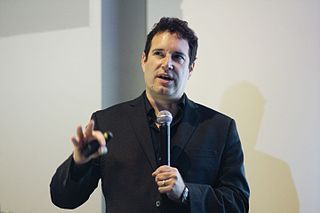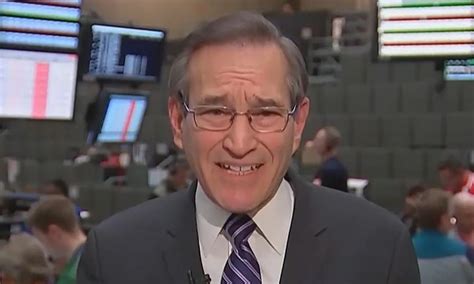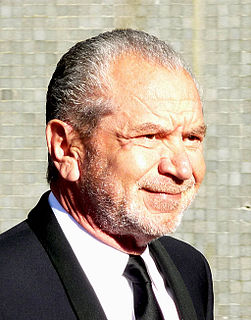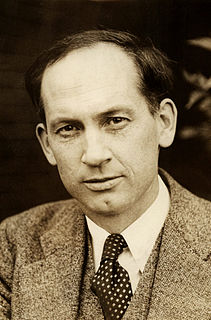A Quote by Neri Oxman
If you think about it, the printing press allowed everyone to print books - it democratised the printing of information. For the first time, we could all print.
Quote Topics
Related Quotes
The full impact of printing did not become possible until the adoption of the Bill of Rights in the United States with its guarantee of freedom of the press. A guarantee of freedom of the press in print was intended to further sanctify the printed word and to provide a rigid bulwark for the shelter of vested interests.
Let's say I am a chocoholic and I eat tons of chocolate a day. A hundred thousands of tons a day. I have this craving, but I can't afford it, so I get a printing press, and I start printing money, and I print billions and billions to buy chocolate. So I create this boom in the chocolate industry, so stores are running out of chocolate. So they have demand, so chocolate makers expand. Cocoa growers expand. You create this great boom. But now the feds arrest me and shut me down. And now there is a depression in the chocolate industry. That's what happens with the monetary policy.
The 'gatekeepers' became a term of revile. But when you think about the flow of information, I personally value immensely the calibration a news organ, whether it's on the web or in print, brings to the floodwaters of information. I haven't the time to read all the dispatches of the Associated Press, for example. It's fantastic what they put out, it's extremely good, from all over the world. I like when someone acts as a filter.







































